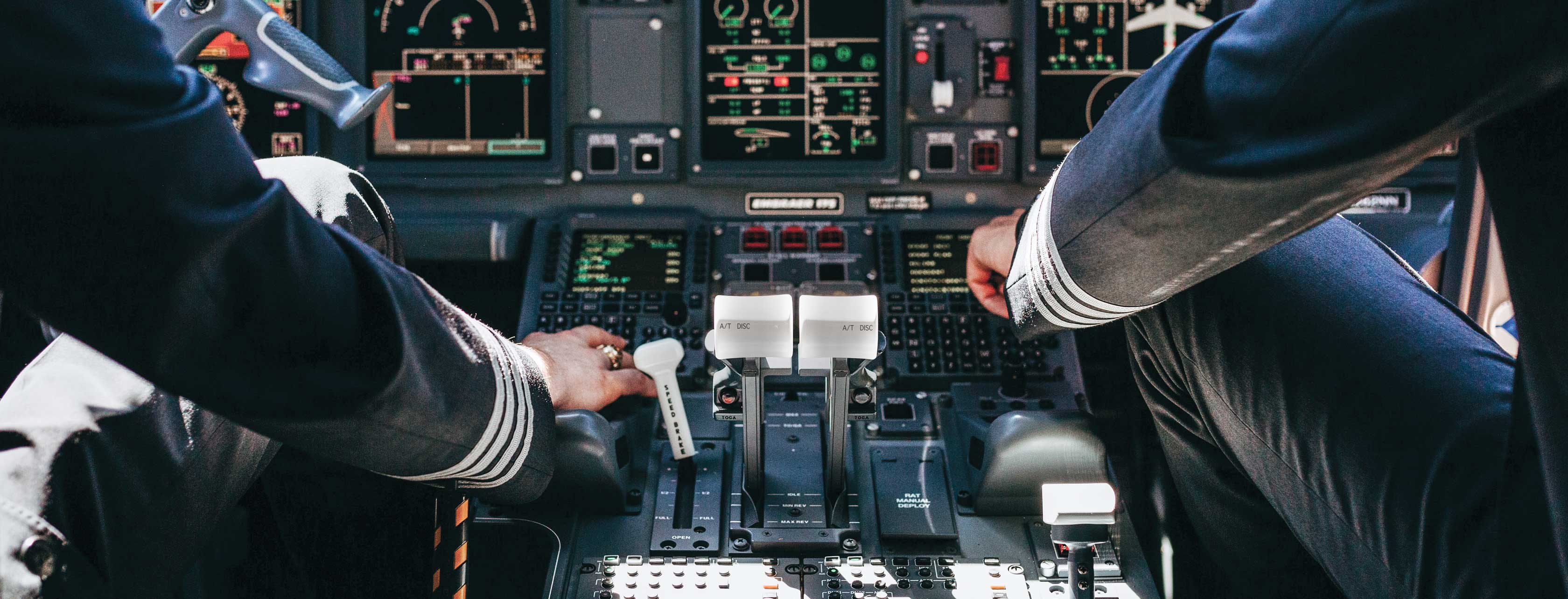Types of Pilot Medical Certificates First-Class, Second-Class, Third-Class Medicals and BasicMed
There are three different classes of medicals a pilot may seek. The choice largely depends on the type of flying the pilot is conducting. As an example, an airline pilot will have more stringent medical requirements, thus requiring a first-class medical. While a pilot that flies for hobby or other personal reasons will have less stringent medical requirements, thus requiring a third-class medical.
Reference CFR 14 §67 for additional information.
1st Class Medical Certificate
Pilots aspiring to join the airlines at some point in the future may find it worthwhile to obtain a first-class medical, ensuring you always meet the requirements necessary to reach your goal. The first-class medical is the highest class of medical available and is required for:
- An airline pilot exercising pilot-in-command privileges of their airline transport pilot certificate
- A pilot serving as a required flightcrew member in the airlines that has reached his or her 60th birthday
- Operate as second-in-command in the airlines on an aircraft that requires three or more pilots
Reference CFR 14 §67 Subpart B for additional information.
2nd Class Medical Certificate
A second-class medical is required for:
- Airline pilots exercising second-in-command privileges of an airline transport pilot certificate (aside from the aforementioned for first-class medical)
- Pilots utilizing privileges of their commercial pilot certificate
Reference CFR 14 §67 Subpart C for additional information.
3rd Class Medical Certificate
Hobbyists, pilots that use their personal airplane for travel, and other non-commercial pilots generally opt for the third-class medical. A third-class medical is required for:
- All pilots wishing to exercise privileges of a private pilot certificate
- Recreational pilot certificate
- Student pilot certificate
- When exercising privileges of a flight instructor certificate or acting as a required flightcrew member (aside from the aforementioned for a first-class medical)
- A pilot examiner must at least hold a third-class medical to perform their duties
- In addition, the third-class medical must not be expired when taking a practical test for any of the aforementioned certificates (and including an airline transport certificate)
Reference CFR 14 §67 Subpart D for additional information.
BasicMed
In 2016 legislation was passed that allows pilots to fly without a medical as long as certain guidelines are met. Operators under BasicMed are not allowed:
- To fly an aircraft:
- That seats more than 6 occupants
- That has a maximum certificated takeoff weight of more than 6,000 pounds
- To fly for compensation or hire
- To not exceed a speed of 250 knots
- To not fly at an altitude of 18,000 feet or above
These limitations mean career pilots may not operate under BasicMed.
BasicMed Requirements:
- Undergo are a physical exam conducted by a state-licensed physician following guidance from the BasicMed Comprehensive Medical Examination Checklist (CMEC)
- Complete of a BasicMed medical education course
- Possess a valid US Drivers License
- Have held at least a third-class medical at some point after July 14th, 2006
- Never been previously denied a medical
Get Your FREE Training & Career Plan »
